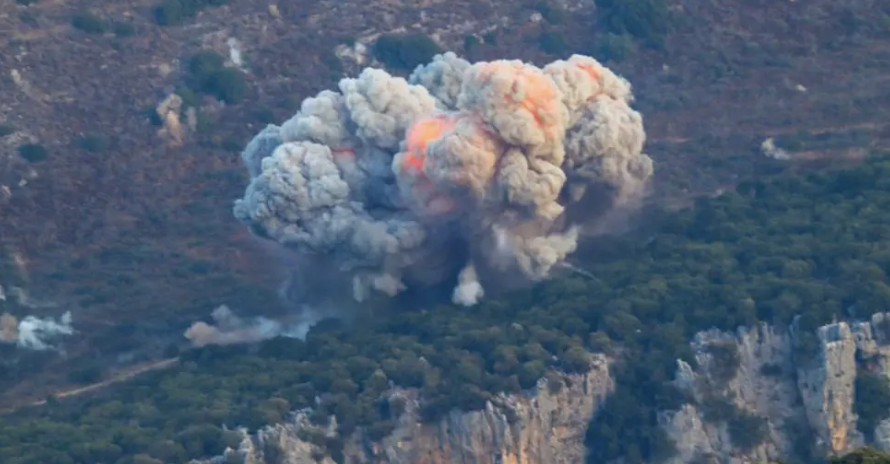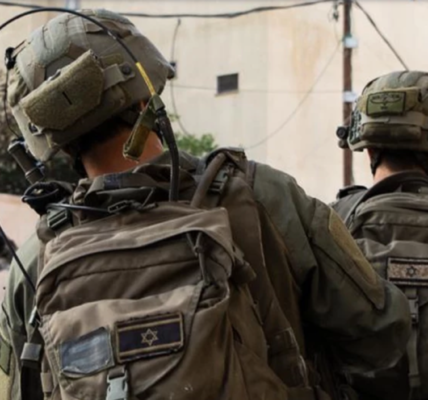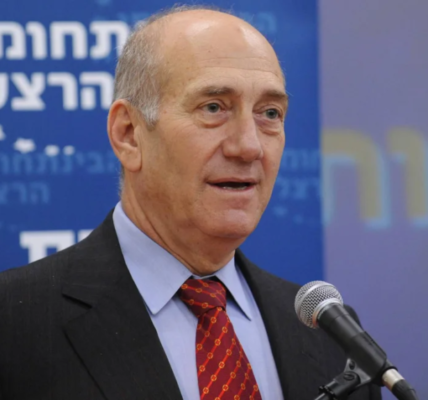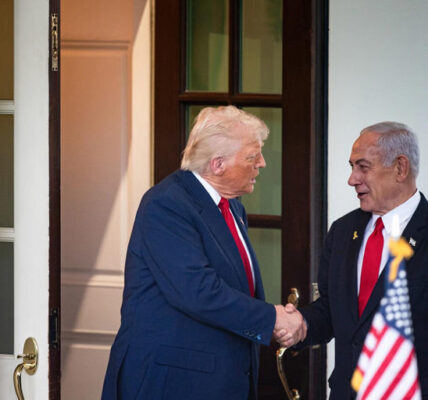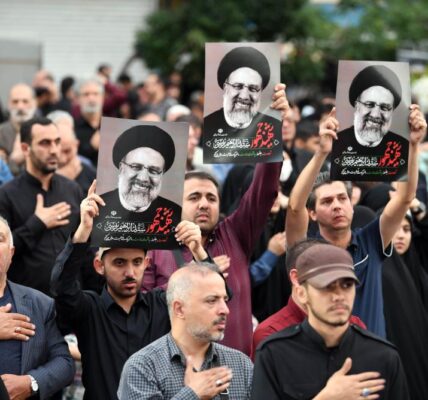
Calls for a ceasefire in the ongoing Israel-Hezbollah conflict are toothless, according to Col. Philip Ingram, a former British Army Intelligence Officer and NATO planner. Ingram added that it will also be very difficult to halt a military operation of the scale that Israel has initiated in southern Lebanon.
“It’s like a super tanker, but it’s one that’s larger than any you’ve encountered before. If you bring it to a stop and then try to restart it, the cost in lives—both for your own people and those affected—can be significantly great,” according to Ingram.
In an interview with National Security News, Col. Ingram outlined how the United Kingdom will tackle repatriating 10,000 British citizens from Lebanon should a full-scale war break out.
Western nations are pushing for a ceasefire deal ahead of Netanyahu’s speech at the United Nations. US President Joe Biden, along with French President Emmanuel Macron and other international partners, recently proposed a 21-day truce between Israel and Hezbollah to enable the safe return of the 70,000 displaced Israelis to their homes along Israel’s northern border and provide time for a hostage and ceasefire deal in Gaza.
Netanyahu, who earlier indicated that he is not interested in a ceasefire, said that talks would continue in the coming days following meetings with US officials. Given recent statements however, the Israeli Prime Minister seems resolute in advancing with his planned ground offensive against the Hezbollah terror group in Lebanon, regardless of Western diplomatic pressure.
“Israel will do whatever it takes to protect its citizens,” he said in a recent address, signalling that military operations could continue for an extended period.
Lebanon’s Minister for Foreign Affairs Abdallah Bou Habib also called on Israel to adopt an immediate ceasefire and halt its strikes within Lebanese borders, noting that the cause of the current conflict was Israel’s ongoing occupation.
“The shortest path for the return of displaced Israelis in the north,” he said, “is a comprehensive, immediate ceasefire as stipulated in the US-Franco declaration yesterday … as part of a comprehensive framework accompanied by clear international guarantees, transparency, and a definitive end to land, sea, and air incursions and breaches of Lebanese sovereignty.”
Col. Ingram pointed out that there was already a United Nations Security Council Resolution 1701, which was brought in after the Israeli-Lebanon war in 2006, calling for a demilitarisation zone of about 28 kilometres in Southern Lebanon, and a call for the disbandment of Hezbollah and other armed groups in the area.
“That hasn’t lasted very well, even after the Security Council resolution, which does have teeth,” he said. The statement by 21 Western allies and some Arab nations for a ceasefire, Ingram added, is toothless.
The Israeli Prime Minister is unlikely to alter his course based on external pressures as his government is driven by internal political dynamics and the continuing threat from Hezbollah, Ingram stated.
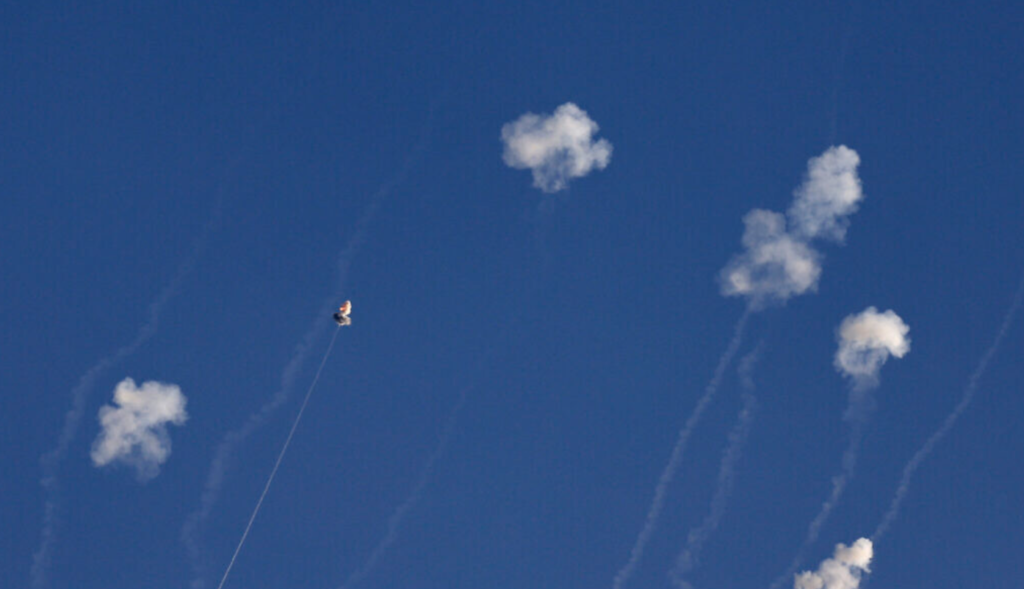
“I think Israel is going to go ahead and do what Israel says it needs to do. I think they believe that they’ve got to the end of the military operation against Hamas and Gaza. We have to remember that since the 08 October last year, Hezbollah have been rocketing Israel from the north on a daily basis. They’ve displaced 60,000 Israeli civilians out of towns and villages along the edge of the border.”
Hezbollah is one of the largest criminal organisations in the Middle East
Hezbollah, he said has killed tens of Israelis including children and rocketing football matches.
“They have some members from the political wing in the government in Lebanon, but they have military forces that has nothing to do with the Lebanese army,” he says, “and it is their military forces that is attacking Israel and is provoking Israel.
Colonel Ingram described Hezbollah as one of the largest criminal organisations in the Middle East that controls all drug trafficking.
“There are money laundering and prostitution rings throughout Middle East countries, including child prostitution. They’re not a bunch of nice people.”
How the UK will repatriate 10,000 UK citizens from Lebanon
Ingram described the evacuation of 10,000 British citizens out of Lebanon as a serious challenge but says it is something that is well-rehearsed and well-planned.
“For every country around the world, our Foreign and Commonwealth officers are constantly working with our intelligence services, looking at the threat that’s there. If there is a potential for a threat to British citizens in that country, the plans come off the shelf.”
The first step, which has already been put in place, is clear statements from the government advising British passport holders to leave Lebanon immediately and by any means possible. “That always happens while there are still commercial air and sea routes out of the country because they want to minimise the footprint of the number of individuals that are there,” said Colonel Ingram.
For a non-combat evacuation, he indicated that pre-deployment will take place with all the capabilities that you need just in case
“So, there are ships in Cyprus. We’ve got aircraft in Cyprus. The troops have gone into Cyprus because if you’re going to put a ship into a Lebanese port, you need to make sure that it is going to be secure.”
In extreme circumstances, the troops will be there to potentially go and lift some key people if they need to if they find themselves trapped, but Ingram says that is the exception rather than the rule.
Netanyahu is driven by internal politics, not only the will to defend Israel
The Israeli Prime Minister’s approach reflects both domestic political considerations and national security concerns; it is not solely aimed at the protection of Israel, according to Ingram.
“We have to remember the complexity of Israeli politics,” Ingram noted. “Netanyahu’s coalition includes various political elements, and maintaining this coalition is crucial for governmental stability.” He added, “There are multiple factors at play, including ongoing security threats and internal political dynamics.”
Ingram said it will only be known where the United States stands on this issue if it goes to a Security Council resolution. But, he said, “that would be hypocritical because there’s already a Security Council resolution covering issues in that southern part of Lebanon, and that hasn’t been enforced at all.”
US Secretary of State Antony Blinken emphasised to Israeli Strategic Affairs Minister Ron Dermer that further escalation would make it more difficult to return evacuated Israelis to their homes along the northern border.

